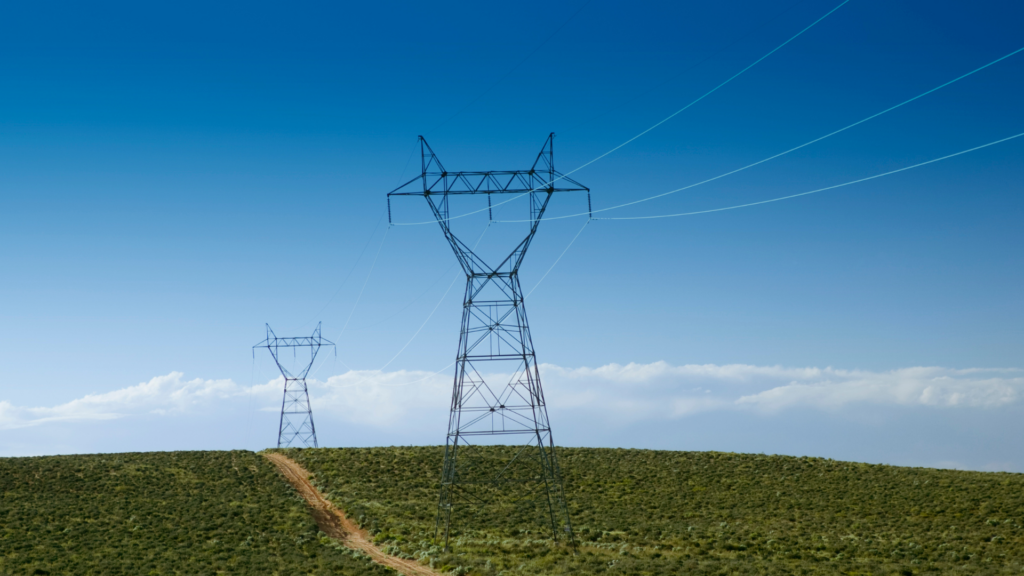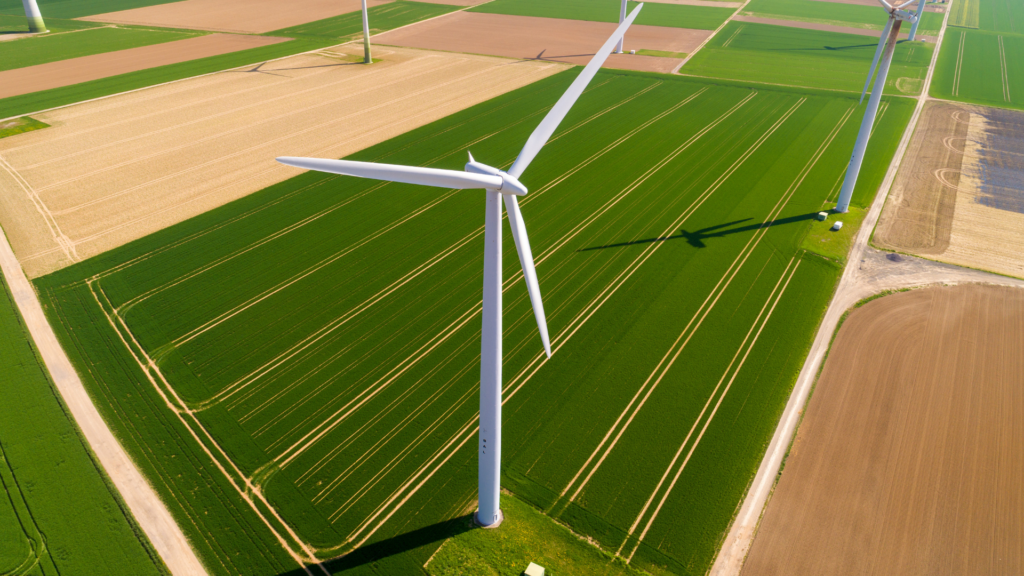18.06.2019 / News
Welcome On Board INNOLITH
The European Association for Storage of Energy (EASE) is glad to extend a warm welcome to its newest member INNOLITH who joined EASE in June 2019. Mr Alan Greenshields, Chairman of INNOLITH, accepted to discuss with us INNOLITH’s expertise in energy storage and expectations from this collaboration with EASE.

EASE: Mr Greenshields thank you very much for accepting this interview. We are very happy to have INNOLITH among our members and we would like to know more about your activities in the sector. Could you summarise the most interesting insights from INNOLITH’s work for energy storage in Europe?
Mr Greenshields: Thank you for the warm welcome! We at INNOLITH are very happy to have joined EASE and look forward to contributing to the organisation. INNOLITH is based in Switzerland, with main R&D procedures on Southern Germany. The technology has been underway for many years – the longest serving members of our R&D team have been working together for 20 years. We are a technology company focusing on a new class of electrolytes using only non-flammable, inorganic materials. These have been of interest to the scientific community for some time, but it took years of basic research to understand how to apply these to commercially viable rechargeable battery systems.
The first version of the system is a power battery optimised for symmetrical 2C charge 2C discharge with 0-100% SOC window. It has some unusual properties, such as unchanging cell impedance after 55,000 cycles (tested) and a capacity fade mechanism where the longer the battery cycles, the slower the fade rate. It is ideally suited for high cycle / high throughput applications, with projected > 60 GWh throughput energy per MWh of installed capacity.
We have now developed new versions of the technology which provide very high energy densities. Inorganic electrolytes are an excellent basis for high-energy batteries due to their non-flammability and absence of organic materials which can facilitate unwanted side-reactions.
Our core activities are in R&D, product development and production of the core chemistry. This is a new technology platform with considerable scope for further development. Our goal is to facilitate mass-adoption of the system by making it available to partners on a license basis for specific markets and geographies.
EASE: We look forward to a very fruitful collaboration with you and to receive INNOLITH’s inputs for our Working Groups and Task Forces. What created the interest of your company to join EASE?
Mr Greenshields: The first commercial application of INNOLITH's technology is a 2MW / 1 MWh system providing Fast Frequency Response services in the PJM Grid (USA) for almost two years. This first version of the battery has delivered best-in-class ratings in competition with conventional batteries.
We would be very happy to use our experience in the PJM market to support discussions on what Europe can learn from the US, including grid-control philosophies and monetisation models.
We are also keen to participate in working groups on Eco Design, sustainability and recycling. Very long product life can make a good contribution to the minimisation of resource consumption.
Finally, we hope to participate in working groups looking into new technologies as our system has properties which can enable new applications.
EASE: What is your vision for how storage can contribute to the energy transition?
Mr Greenshields: Simply put, there will be no energy transition without storage.
The storage challenge is principally a commercial one. Bulk storage of energy and construction of electric vehicles with good performance are possible today. The primary issue is that conventional batteries are neither robust enough for harsh, high throughput applications; nor cheap enough for EVs to be lower-cost than conventional vehicles.
We are convinced that inorganic electrolytes will be at the core of the solutions. The cheapest way to resolve the commercial issues is chemical – use chemistry to provide technically sound solutions to safety and life-cycle issues and at the same time push the envelope of feasible energy densities beyond 1 kWh/kg.




